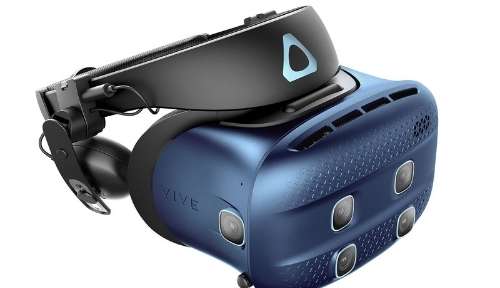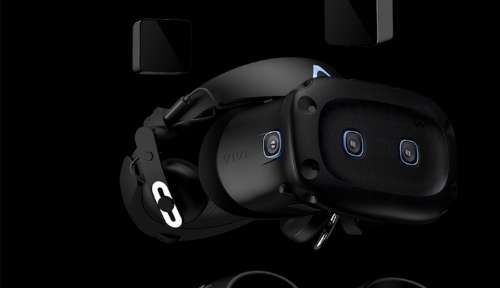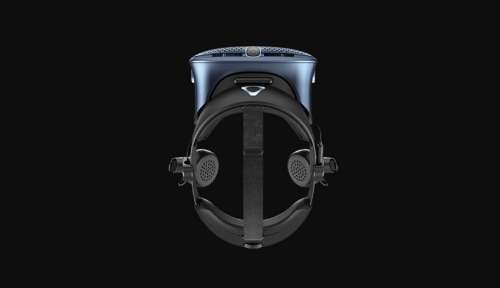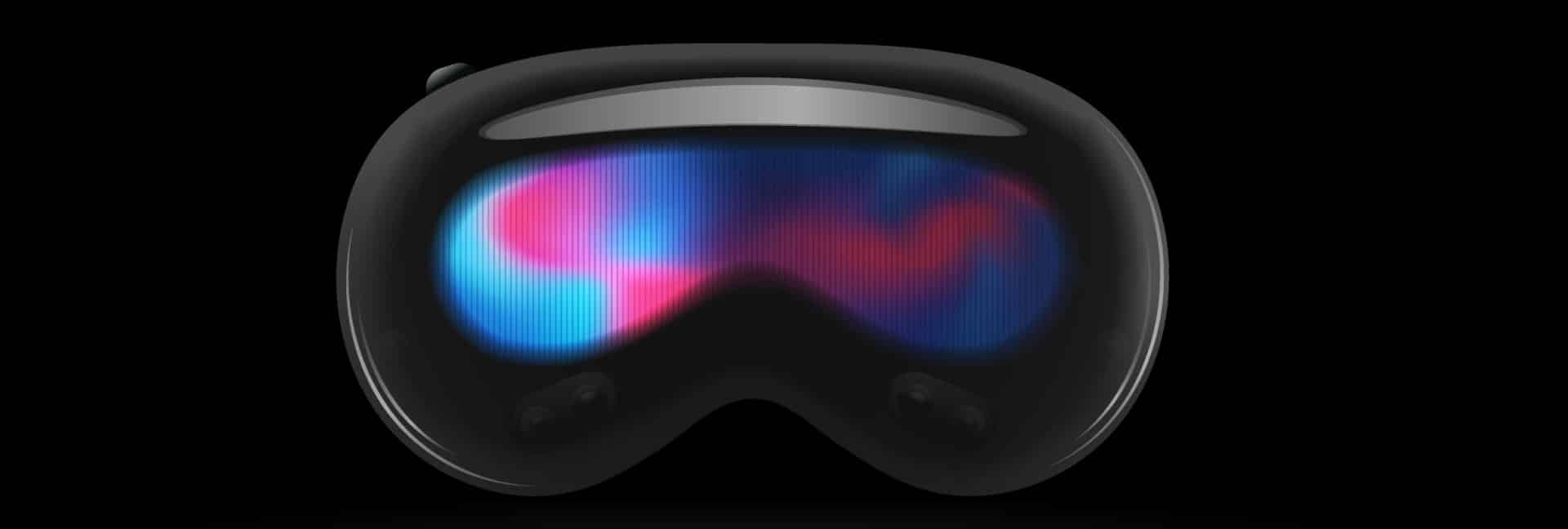Meta CEO Mark Zuckerberg has confirmed that 11,000 jobs are to go at the tech giant. This represents close to 13% of the company’s workforce.
In an internal memo, Zuckerberg blamed online commerce’s return to pre-covid trends, increases in competition, reduced advertising revenue, and a macroeconomic downturn. He went on to say that he takes responsibility for getting it right.
But after a period of aggressive spending on the company’s various metaverse projects, many will be asking whether going in so heavy on XR was the right thing to do, when it may have come at the expense of so many jobs.
Here’s what we know about Meta’s job losses and how it impacts the business as a whole.
Quarterly Earning Worries
At the end of October, Meta’s stock price plummeted. On October 27th, Meta’s value dropped to $268 billion — a reduction of $700 billion in just over a year. Share prices fell by 24%, and the company lost its position in the top 20 businesses by market cap. It had previously been in the top 5.
These layoffs come amid layoffs at Twitter following Elon Musk’s recent acquisition, as well as the collapse of the cryptocurrency exchange FTX.
Meta’s Severance Plans
With around 87,000 employees, the recent announcement represents a major reduction. In Zuckerberg’s letter to employees, he said that the losses will be spread across the whole business, including the Reality Labs division responsible for metaverse development.
At this stage, it’s unclear whether redundancies will be equally spread between departments.
Meta is to add an extension to its hiring freeze, preventing recruitment during the first quarter, while discretionary spending will also see cuts.
Any laid-off employees will receive 16 weeks of base pay with an additional two weeks’ pay for each year they’ve worked for the company. All employees will still receive any remaining paid time off, and healthcare benefits will stay in place for the next six months.
A Switch In Focus
Coinciding with last year’s rebranding, Meta shifted its focus from its traditional social media platforms; Facebook and Instagram and turned its attention toward building the next iteration of the internet, the metaverse.
In 2021, Meta ploughed in excess of $12bn on research and development for Reality Lab’s metaverse projects. But the outgoings didn’t stack up against returns, with roughly a sixth of the expenditure recouped through metaverse revenue.
Reality Lab’s losses have snowballed. Back in 2019, losses were at $4.5bn compared to $500m in sales. By 2020, this was a $6.6bn loss compared to $1.1bn in revenue.
But Zuckerberg’s suggestion of meaningful increases from February’s earnings call has not emerged and long-term major shareholders have called for a major capping of metaverse investment. So far in 2022, Reality Labs has spent $10 billion.
While Zuckerberg no doubt has the best understanding of the company’s goals and may have a greater insight into what the metaverse will look and feel like, his view doesn’t appear to excite Wall Street, where concerns about the heavy investment appear to be growing.
Back in September 2021, the share price peaked at $379. Since then, the company has experienced difficult times.
Despite the hype around the October 2021 rebrand, the company has had to deal with whistleblowing scandals, Apple’s privacy changes impacting Meta’s ability to track data, the worst platform outage in several years, and a mixed reception of the company’s new vision.
All of these factors have led shares to drop to less than $100, their lowest price since 2016.
What Next for the Metaverse?
Having spent so much on the metaverse so far, it’s clear that Meta is heavily committed. So far, there’s been no mention of any major cutbacks in development, despite investor concerns.
Although the Meta Quest Pro is now available, it remains to be seen whether it’ll claw back any of the development spendings. With its high price tag, this isn’t the consumer device needed to build sales. The pressure will be on for a great performance when the Quest 3 is launched next year.







